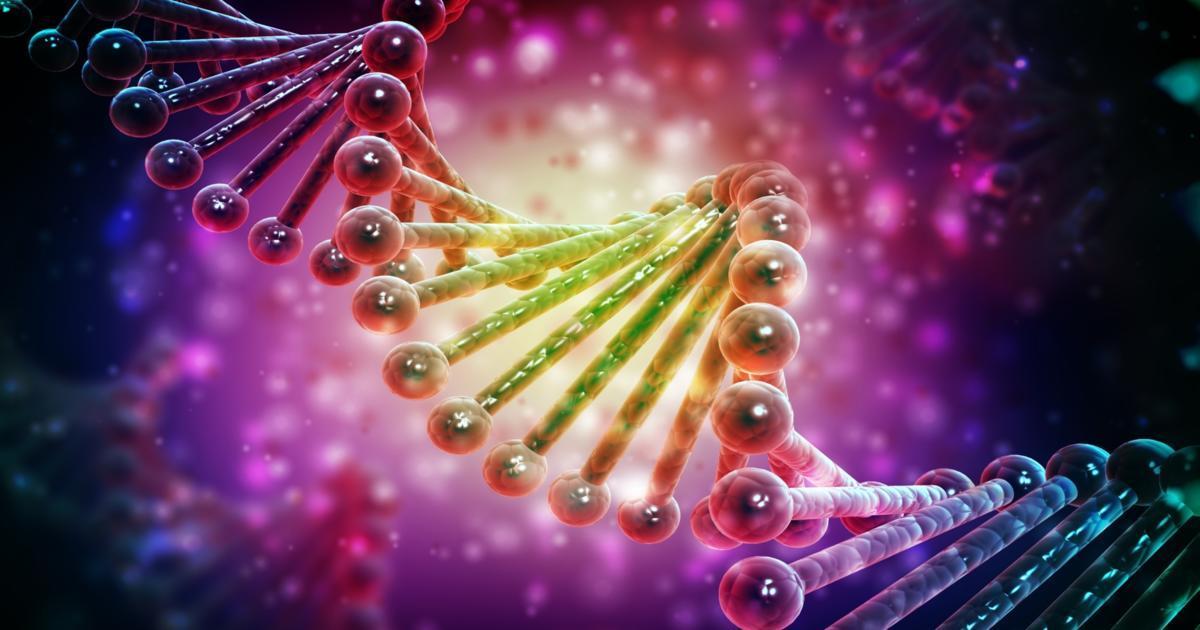Symptoms, Risk Factors, And Causes Of Congenital Heart Diseases
Heredity Component

An individual is at an increased risk of having a congenital heart disease if a heredity component is present, such as a parent or sibling being affected as well. The manner of inheritance is different among different types of defects in the heart. Autosomal-dominant defects mean if one parent has a congenital heart disease, there is a fifty percent chance their offspring will also have it. Genetic syndromes that are the result of abnormalities in an individual's set of chromosomes can also increase the risk of having a congenital heart disease. Chromosome abnormalities include missing chromosome pieces or duplicate chromosome pieces. Because the genetic code in the human chromosomes originates from an individual's parents, the majority of such defects are inherited. Around one-third of all infants with chromosomal issues that result in genetic syndromes are affected by a congenital heart defect. An individual who has a single gene defect is also at an increased risk of having a congenital heart disease. Congenital heart diseases can typically be detected while an individual is in utero during the second or third trimester of pregnancy.
Read more on the risk factors linked to congenital heart diseases now.